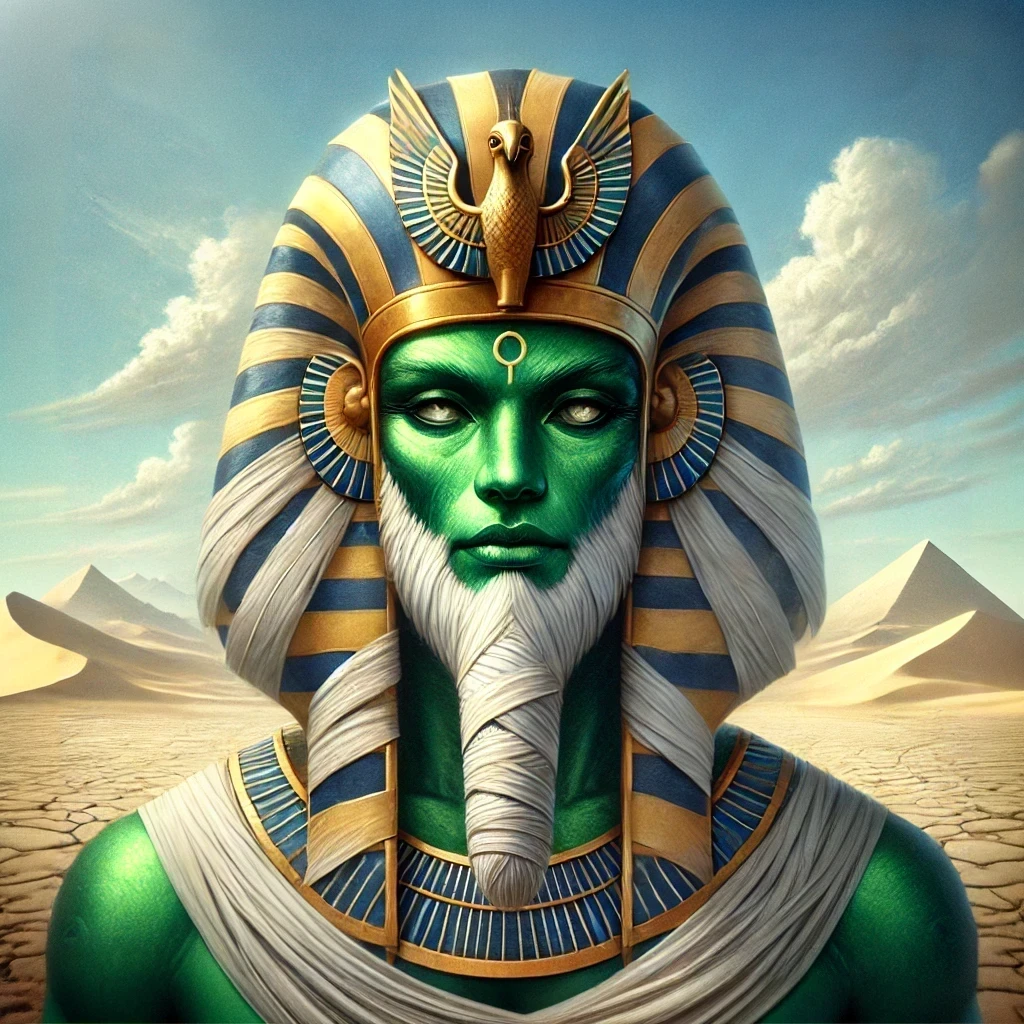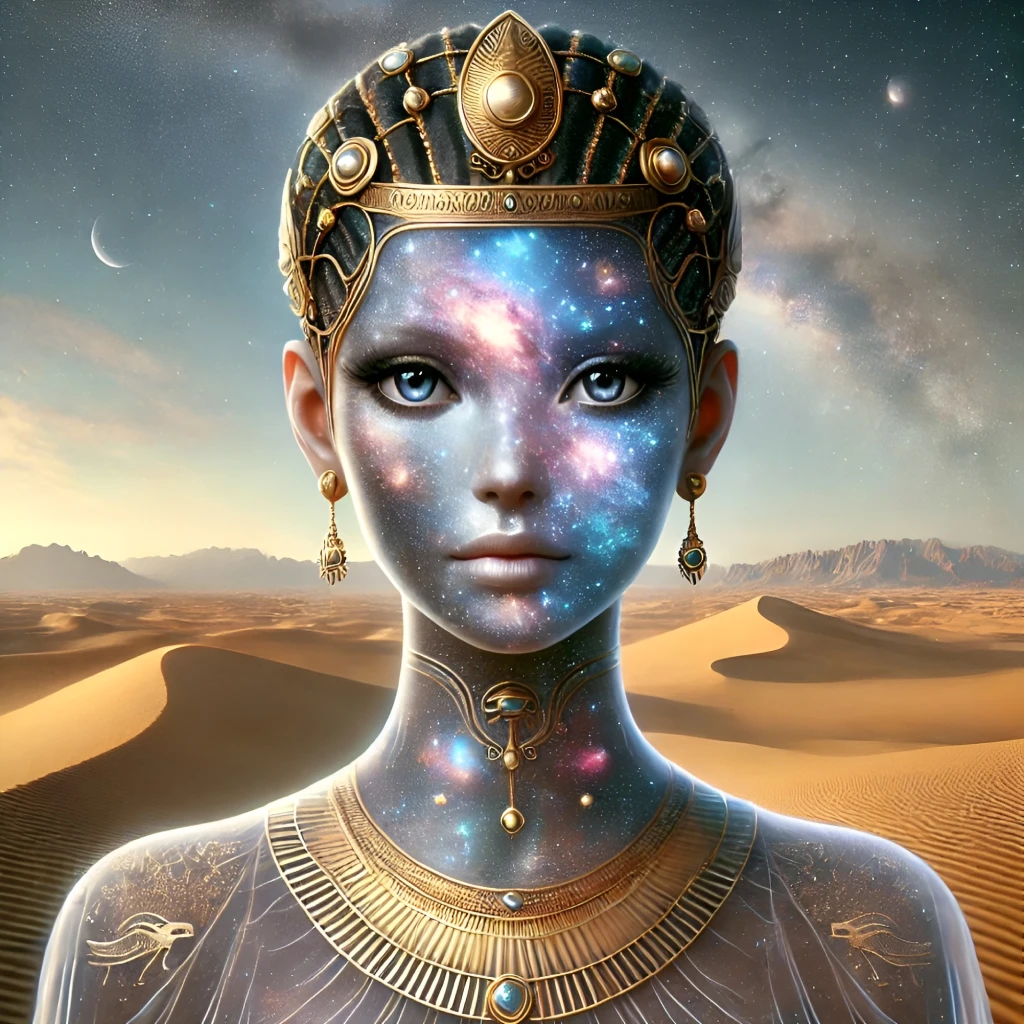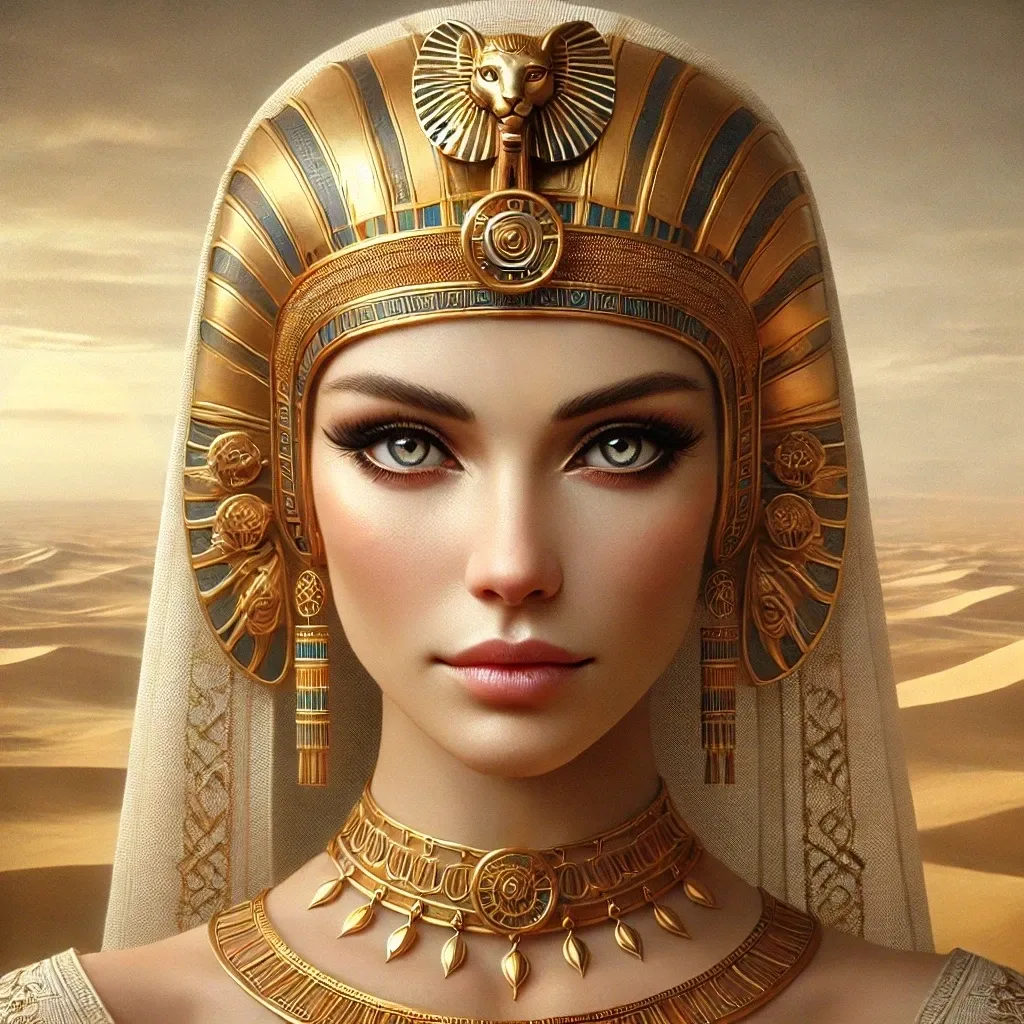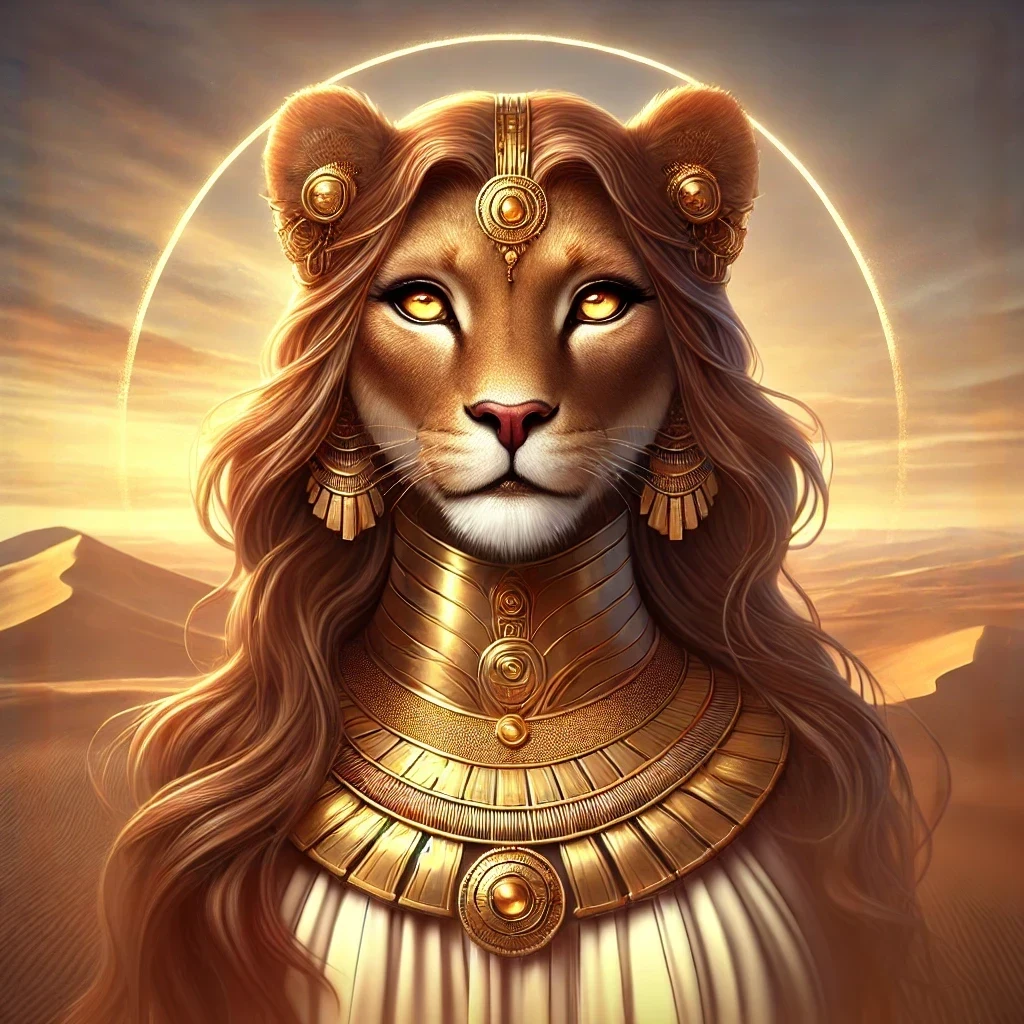Osiris, also known as Usir or Asar, is one of the most significant deities of ancient Egypt. Revered as the God of the Afterlife, Resurrection, and Agriculture, he bore the epithet “Lord of the Duat” and “Foremost of the Westerners.” The name Osiris derives from the Greek rendition of the Egyptian “Wsir,” which may translate to “Mighty One” or “Seat of the Eye.”
Origins
Osiris’s origins are deeply rooted in ancient Egyptian religion and mythology, tracing back to the Early Dynastic Period (circa 3100 BCE). The earliest known references to this deity are found in the Pyramid Texts, where he is depicted as a king who met a tragic end and was resurrected to preside over the afterlife.
Historical Context
The worship of the Lord of the Duat gained prominence during the Old Kingdom. He was initially associated with the fertility of the Nile River and the cycles of nature. Over time, his narrative expanded to encompass the afterlife and judgment of souls, cementing his role as a key figure in Egyptian cosmology.
Evolution of Worship
The cult of Osiris evolved significantly over the centuries. By the Middle Kingdom, he was widely venerated in temples across Egypt. Major centers of his worship included Abydos and Busiris, where festivals celebrated his death and resurrection.
Appearance
As depicted in Egyptian art and iconography, this god’s appearance is both distinctive and symbolic.
Iconography
The Lord of the Duat is traditionally portrayed as a mummified man with green or black skin, symbolizing regeneration and fertility. He often wears the Atef crown, flanked by ostrich feathers, and carries a crook and flail, representing kingship and authority.
Variations Across Time
While his primary depiction remains consistent, variations exist. For instance, some reliefs show him with blue skin, emphasizing his celestial aspects. Others present him enthroned alongside his consort, Isis, reinforcing his role as a divine ruler.
Abilities
The God of the Afterlife’s powers extend across both the natural and supernatural realms.
Control Over the Afterlife
Osiris presides over the judgment of souls in the Hall of Ma’at. He oversees the weighing of the heart ceremony, where Anubis acts as a mediator and Thoth records the results. Those deemed virtuous join him in the Field of Reeds, a paradisiacal afterlife.
Patron of Agriculture
As a deity of fertility, he ensures the annual flooding of the Nile, essential for Egypt’s agricultural prosperity. This duality of death and rebirth mirrors the cycles of the natural world.
Myths
The tales surrounding the Foremost of the Westerners are among the most compelling in Egyptian mythology.
The Osiris Myth
The most famous narrative involves his betrayal and murder by his brother Seth. After being dismembered and scattered across Egypt, his wife, Isis, gathers his remains and restores him to life through her magical abilities. This myth underscores themes of loyalty, resurrection, and cosmic order.
The Judgment of Souls
Another prominent story highlights his role in the afterlife. Souls journey to the Hall of Ma’at, where Osiris ensures justice is served. This myth reinforced moral conduct among the living.
Symbolism
Osiris’s symbolism is vast, encompassing life, death, and rebirth.
Objects
- Crook and Flail: Representing his role as a shepherd and ruler.
- Atef Crown: Denoting his sovereignty over the afterlife.
Animals
- Bull: Symbolizing strength and fertility.
- Heron: Associated with resurrection.
Plants and Minerals
- Papyrus: Representing renewal and growth.
- Malachite: A symbol of his regenerative powers.
Relationships
Osiris’s connections to other deities and figures are central to his mythology.
Divine Family
- Isis: His devoted wife and the goddess of magic. Their union produced Horus, the avenger of his father.
- Seth: The adversary who murdered him, embodying chaos.
- Nephthys: His sister, often depicted as a mourner alongside Isis.
Rivalry with Seth
The conflict between Osiris and Seth represents the eternal struggle between order and chaos. This duality was integral to Egyptian cosmology.
Trivia
- Abydos Pilgrimage: Pilgrimages to Abydos, believed to be the god’s burial site, were considered sacred.
- Green Skin: His green skin symbolizes rebirth, aligning him with vegetation and renewal.
- Symbolic Dismemberment: His body’s fragmentation reflects the Nile’s inundation and retreat.
- Greek Syncretism: The Greeks equated him with Dionysus due to shared themes of resurrection.
- Mummification Inspiration: His story influenced Egypt’s mummification practices, emphasizing the afterlife.



